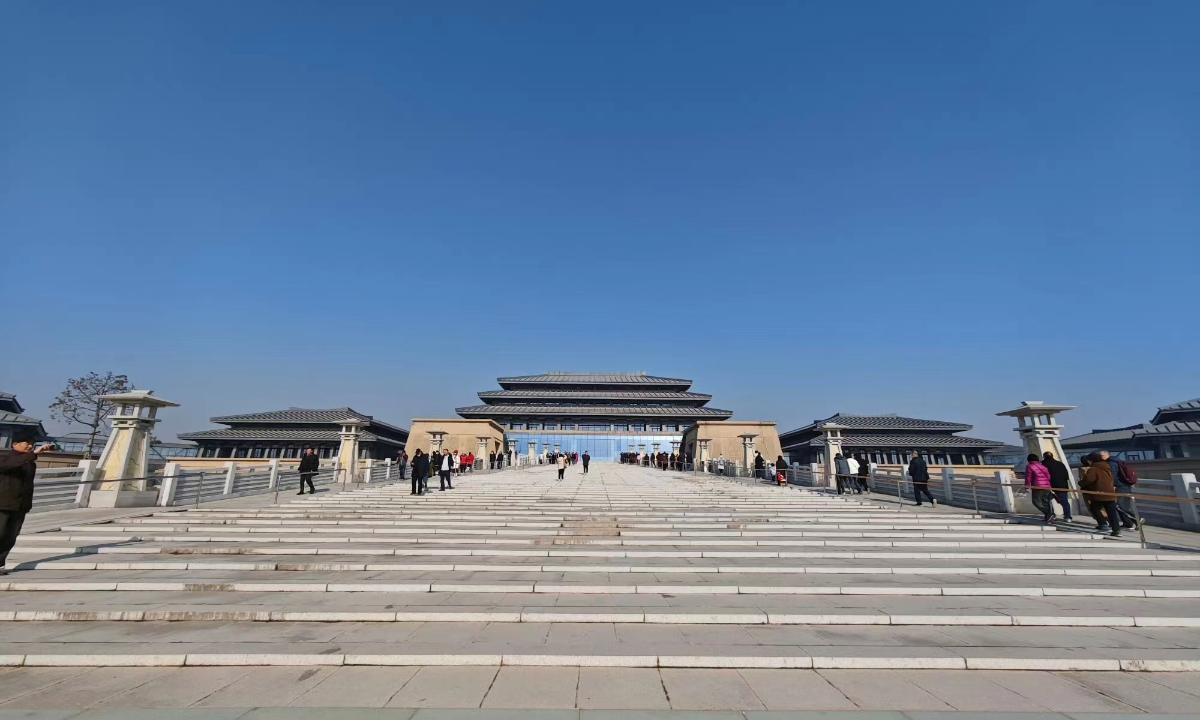
Shaanxi History Museum (SHM) Qin-Han Civilization Museum. Photo: Snapshot from Sina Weibo
A new branch of the well-known Shaanxi History Museum (SHM) in Xi’an, capital city of Northwest China’s Shaanxi Province, themed on the civilizations of Qin (221-206BC) and Han (206BC-AD220) dynasties, will be officially opened to the public on May 18, as China’s main venue to celebrate the International Museum Day 2024, the National Cultural Heritage Administration (NCHA) announced at a press conference in Beijing on Friday.
Luo Wenli, deputy director of the NCHA, said during the press conference that this year’s main theme is “Museums for Education and Research,” aiming to showcase the latest achievements in China’s museum sector and further bridge the communication between museums and the public.
The new museum – SHM Qin-Han Civilization Museum – is located in Xixian New Area, Shaanxi Province, adjacent to the national archaeological site park of Qin Xianyang City.
It will present the “Qin and Han Civilization” series of exhibitions by featuring about 1,500 artifacts. Additionally, they will host an exhibition for celebrating the 10th anniversary of the successful UNESCO listing of Silk Roads: the Routes Network of Chang’an-Tianshan Corridor.
In 2014, a joint application by China, Kazakhstan and Kyrgyzstan led to the recognition of “the Silk Roads: the Routes Network of Chang’an-Tianshan Corridor” as a UNESCO World Heritage Site.
About 2,000 years ago, in the Western Han Dynasty (206BC-AD25), a Chinese envoy named Zhang Qian began his expedition to the Western Regions and opened a trade route that later became the Silk Road. Spanning thousands of miles and thousands of years, the ancient Silk Road was not only a route for trade and barter, but also a route for exchanges between civilizations, making a significant contribution to the development and progress of human society.
Hou Ningbin, director of the Shaanxi History Museum, told the Global Times on Friday that this year marks the 10th anniversary of the successful UNESCO listing of the Silk Road starting from Chang’an. “We have carefully planned this exhibition and borrowed 13 exhibits from the National Museum of the Republic of Kazakhstan that have significant elements of cultural exchange between China and countries along the ancient Silk Road.”
He emphasized the important role of UNESCO listing in the protection and utilization of cultural heritage, stating that since the successful listing, various joint cooperation including archaeological excavations, cultural relic protection, and educational activities between China and countries from the Central and West Asia have been carried out in the countries along the ancient Silk Road.
According to Luo, the opening ceremony of the main event will include several significant announcements, such as unveiling the latest data on the development of China’s museum sector in 2023, releasing the fifth batch of national first-level museums, jointly awarding 20 national revolutionary cultural relic coordination centers with the Ministry of Education, launching the theme exhibition promotion “reading China in museums” in collaboration with the Cyberspace Administration of China, and announcing the “top 10 national museum exhibitions.”
In addition to the main activities mentioned above, various museums and memorial halls in Shaanxi Province and other cities across the country will hold various activities to celebrate the International Museum Day.
For example, Beijing will hold the “Beijing Museum Month,” featuring exhibitions, cultural creativity, film screenings and reading activities.
Media reported that since joining the International Council of Museums in 1983, China has organized International Museum Day activities every year. Since 2009, NCHA has been jointly organizing the main venue event with provincial governments, and this year marks the 15th edition.
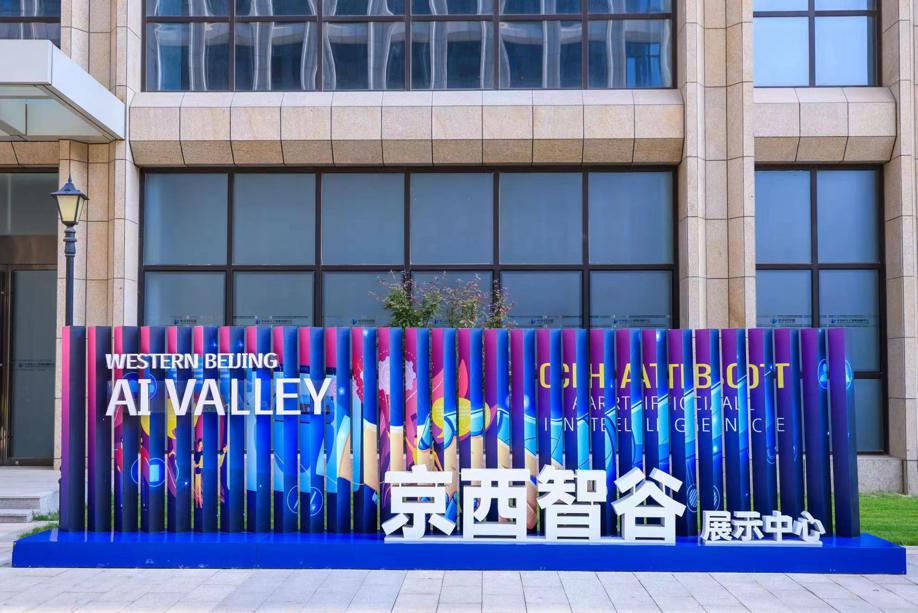 Beijing’s western Mentougou district welcomed 32 diplomats from 23 countries across five continents on Tuesday to experience the area’s high-tech achievements and green development. [Photo provided to chinadaily.com.cn]
Beijing’s western Mentougou district welcomed 32 diplomats from 23 countries across five continents on Tuesday to experience the area’s high-tech achievements and green development. [Photo provided to chinadaily.com.cn] 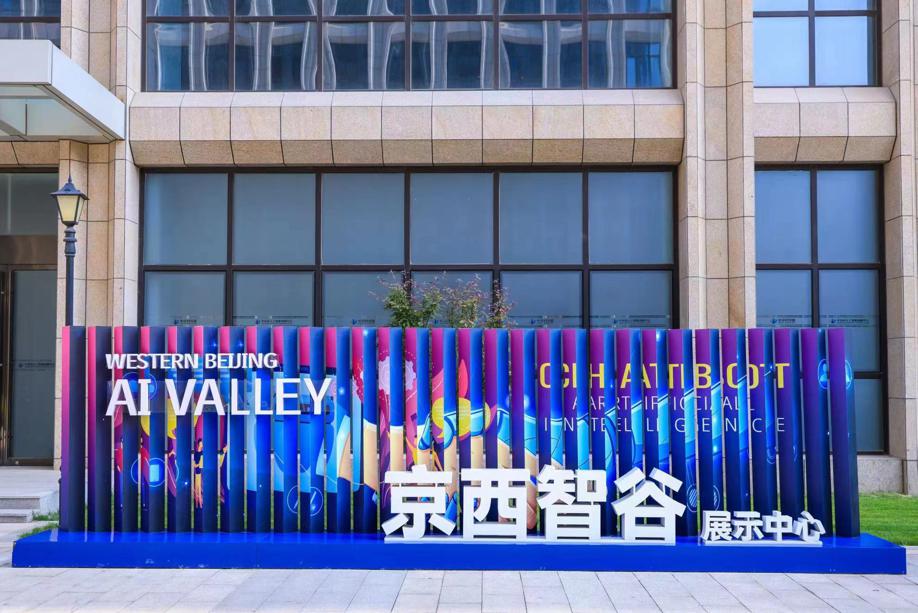

 Marking the 10th anniversary of the Drum Tower West Theatre — one of the most popular small theaters in Beijing,
Marking the 10th anniversary of the Drum Tower West Theatre — one of the most popular small theaters in Beijing,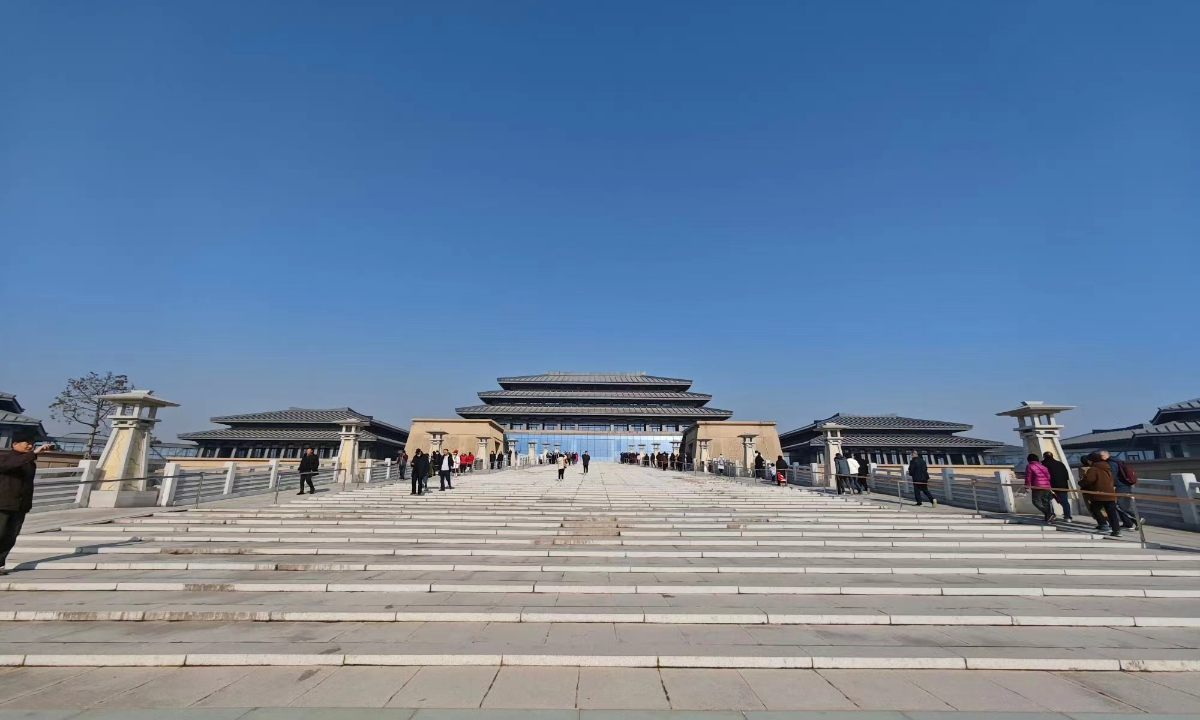



 Joselu (C) of Real Madrid celebrates after scoring a goal in the second-leg game of the UEFA Champions League semifinals against Bayern Munich at the Santiago Bernabeu Stadium in Madrid, Spain, May 8, 2024. /CFP
Joselu (C) of Real Madrid celebrates after scoring a goal in the second-leg game of the UEFA Champions League semifinals against Bayern Munich at the Santiago Bernabeu Stadium in Madrid, Spain, May 8, 2024. /CFP  Mats Hummels (R) of Borussia Dortmund scores a header in the second-leg game of the UEFA Champions League semifinals against Paris Saint-Germain at the Parc des Princes stadium in Paris, France, May 7, 2024. /CFP
Mats Hummels (R) of Borussia Dortmund scores a header in the second-leg game of the UEFA Champions League semifinals against Paris Saint-Germain at the Parc des Princes stadium in Paris, France, May 7, 2024. /CFP 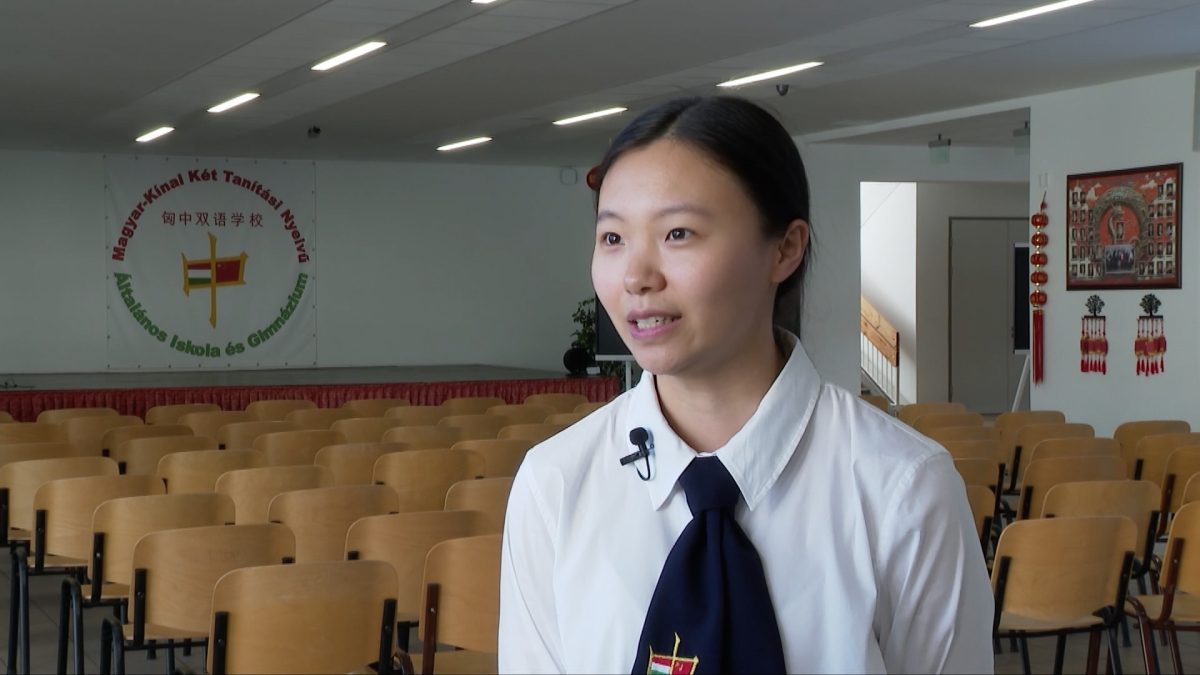
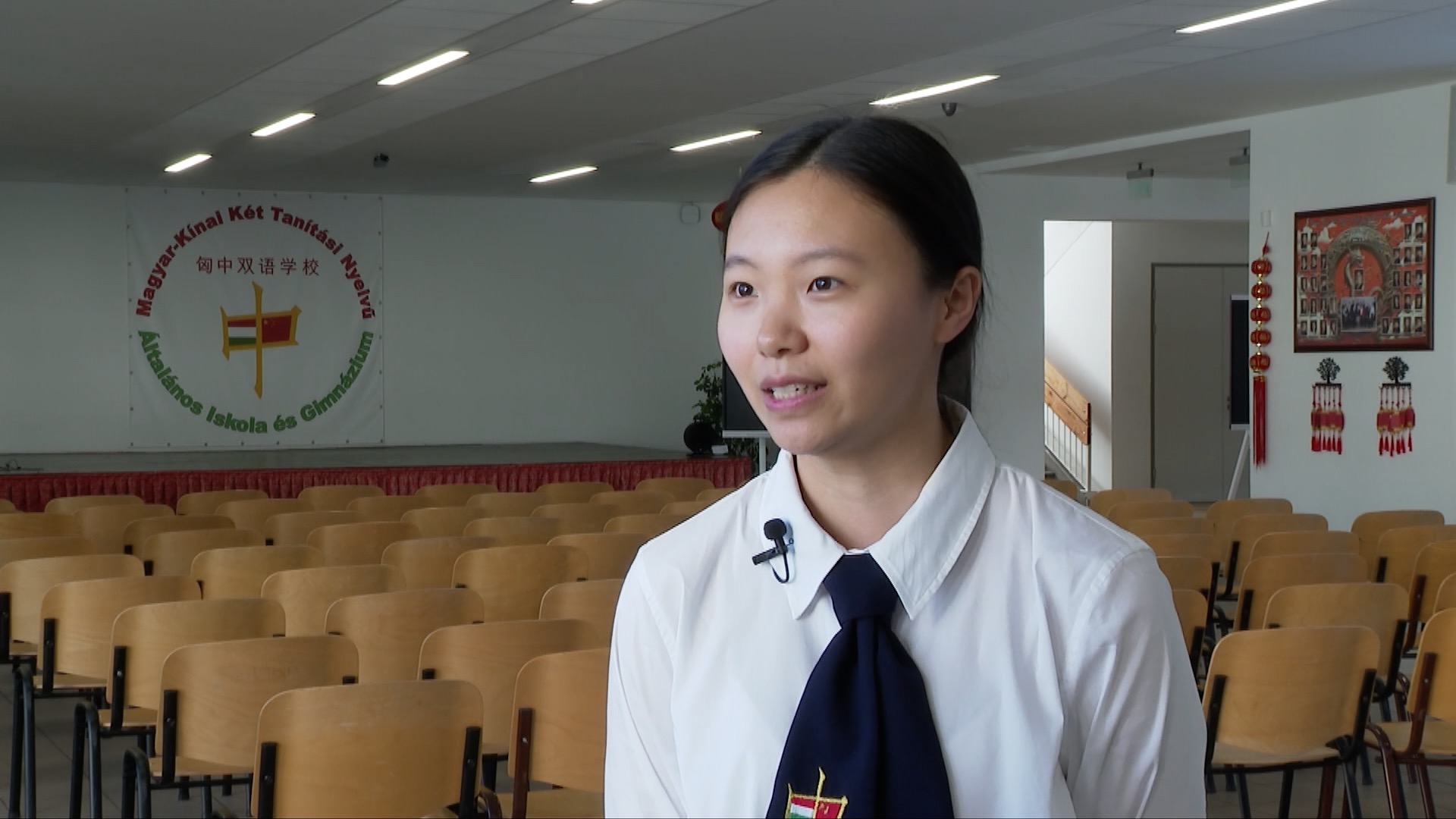
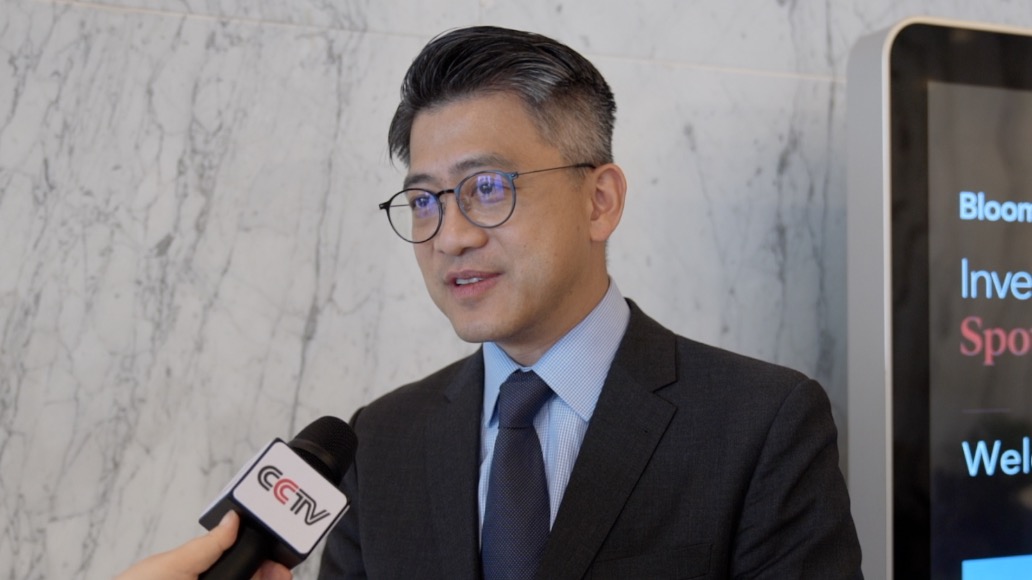
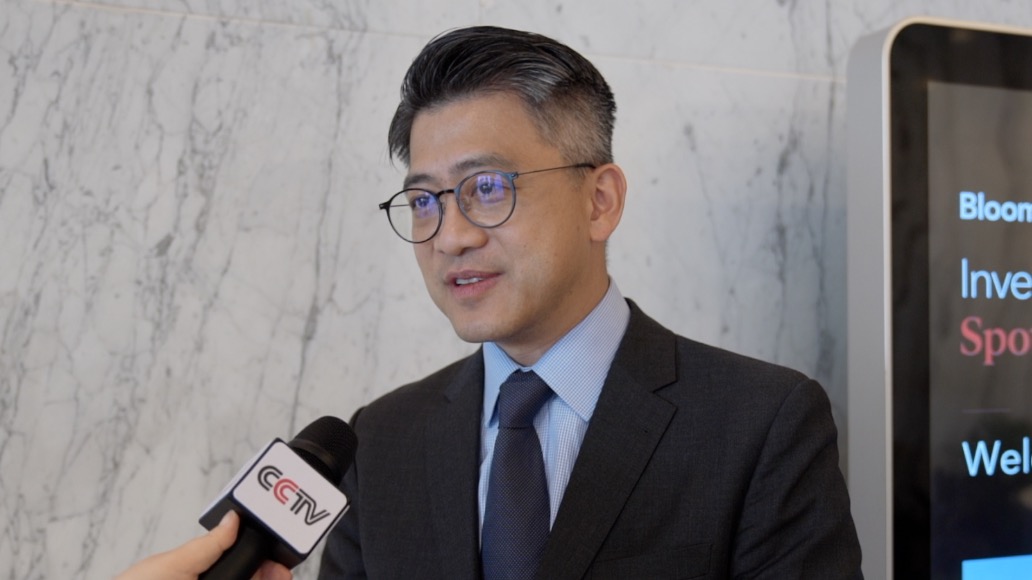
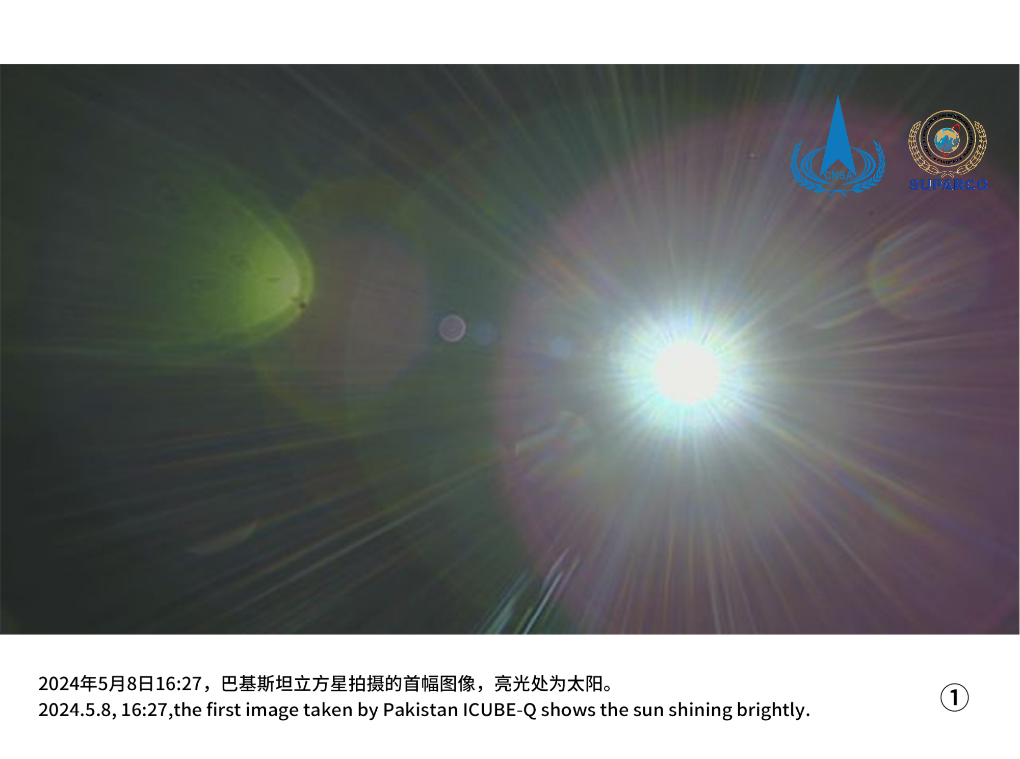
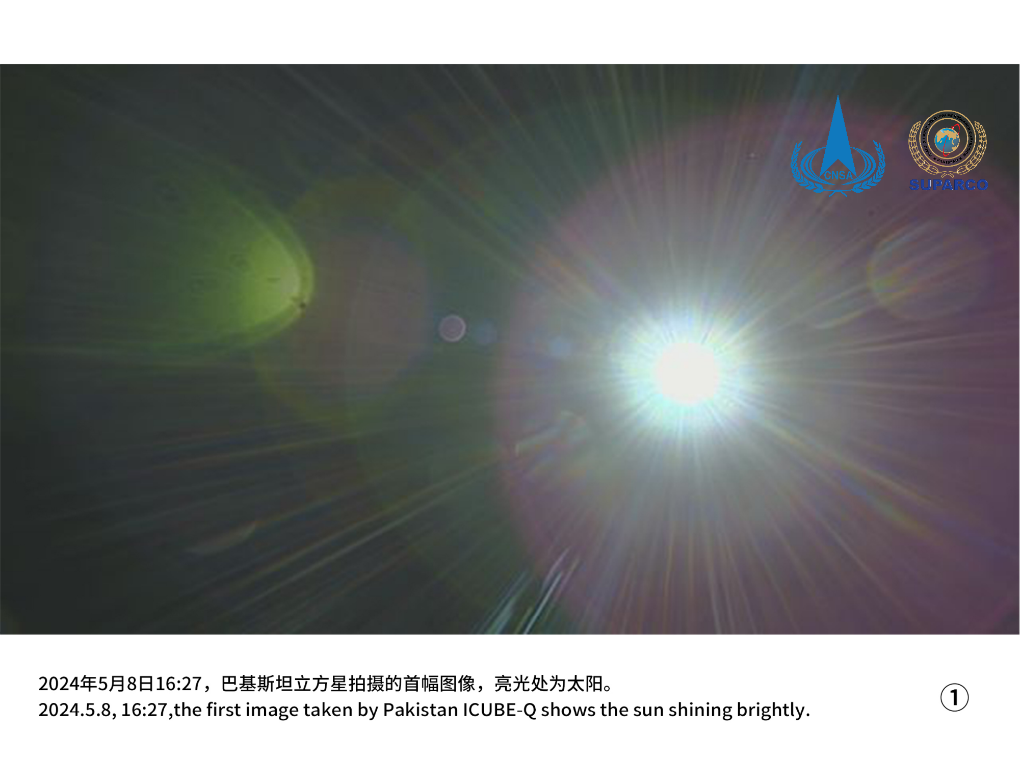 The first image taken by ICUBE-Q shows the Sun shinning brightly, May 8, 2024. /CNSA
The first image taken by ICUBE-Q shows the Sun shinning brightly, May 8, 2024. /CNSA 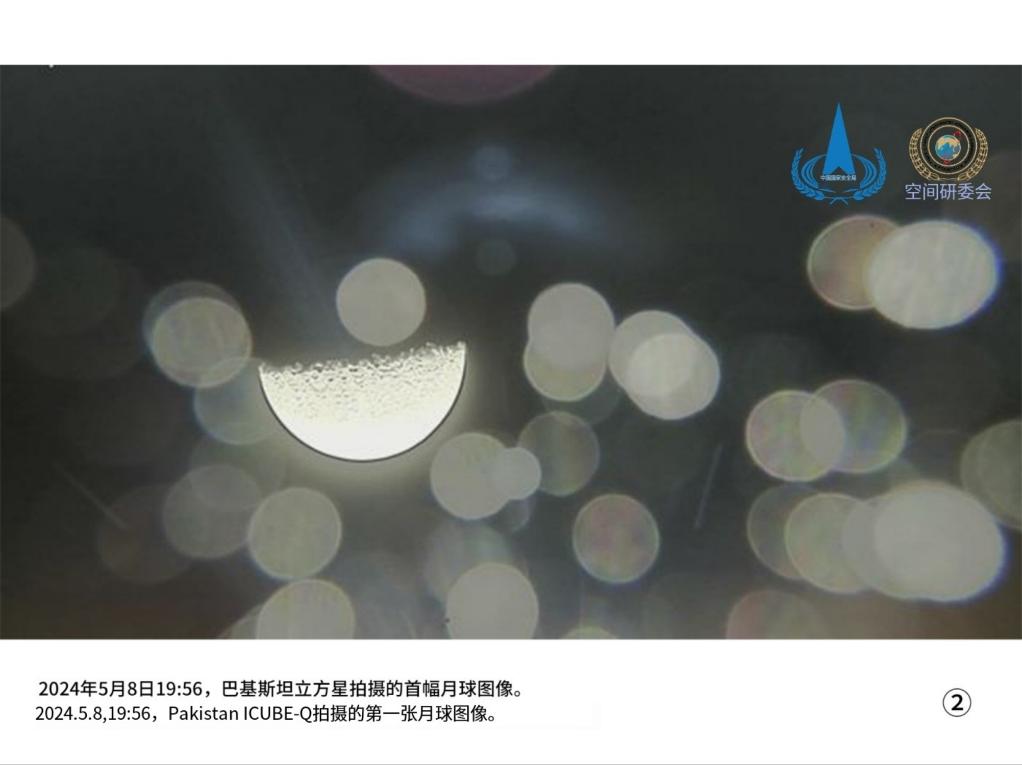 The first image of the Moon captured by ICUBE-Q, May 8, 2024. /CNSA
The first image of the Moon captured by ICUBE-Q, May 8, 2024. /CNSA 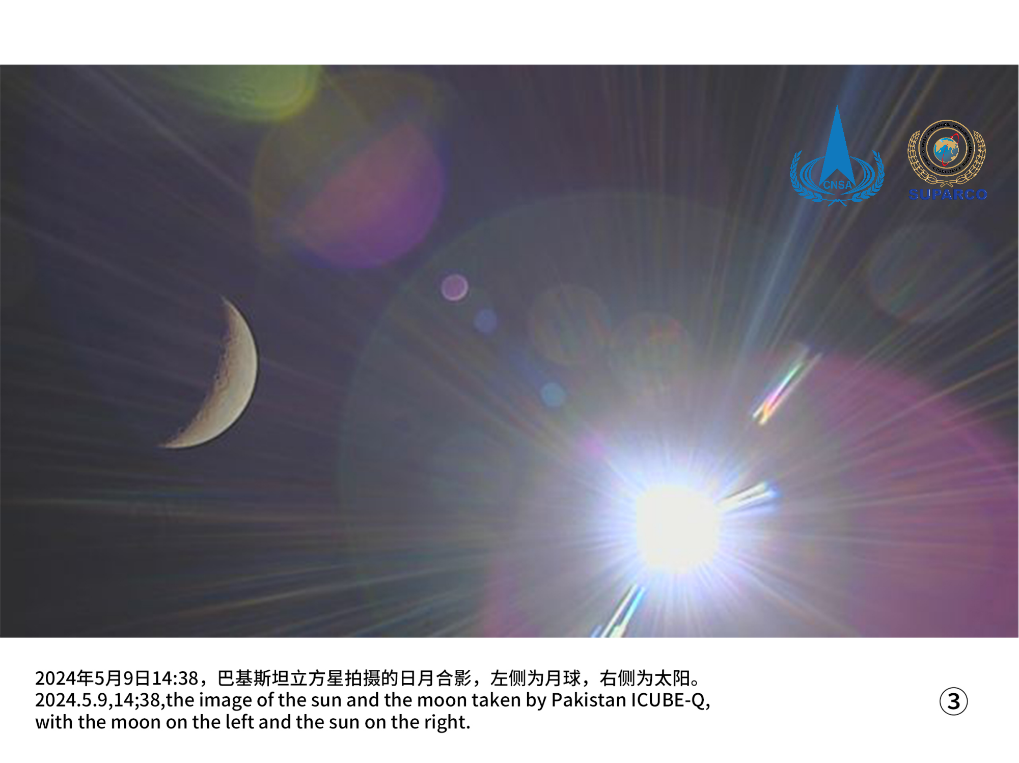 The image of the Sun and the Moon taken by ICUBE-Q, May 8, 2024. /CNSA
The image of the Sun and the Moon taken by ICUBE-Q, May 8, 2024. /CNSA 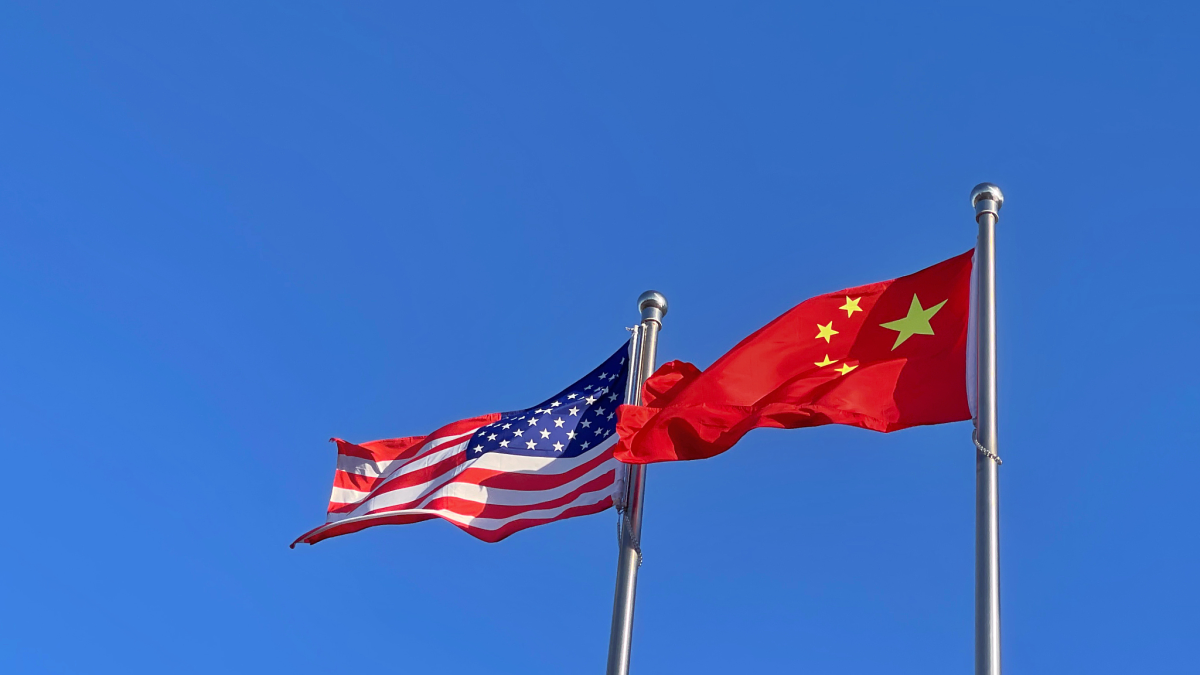
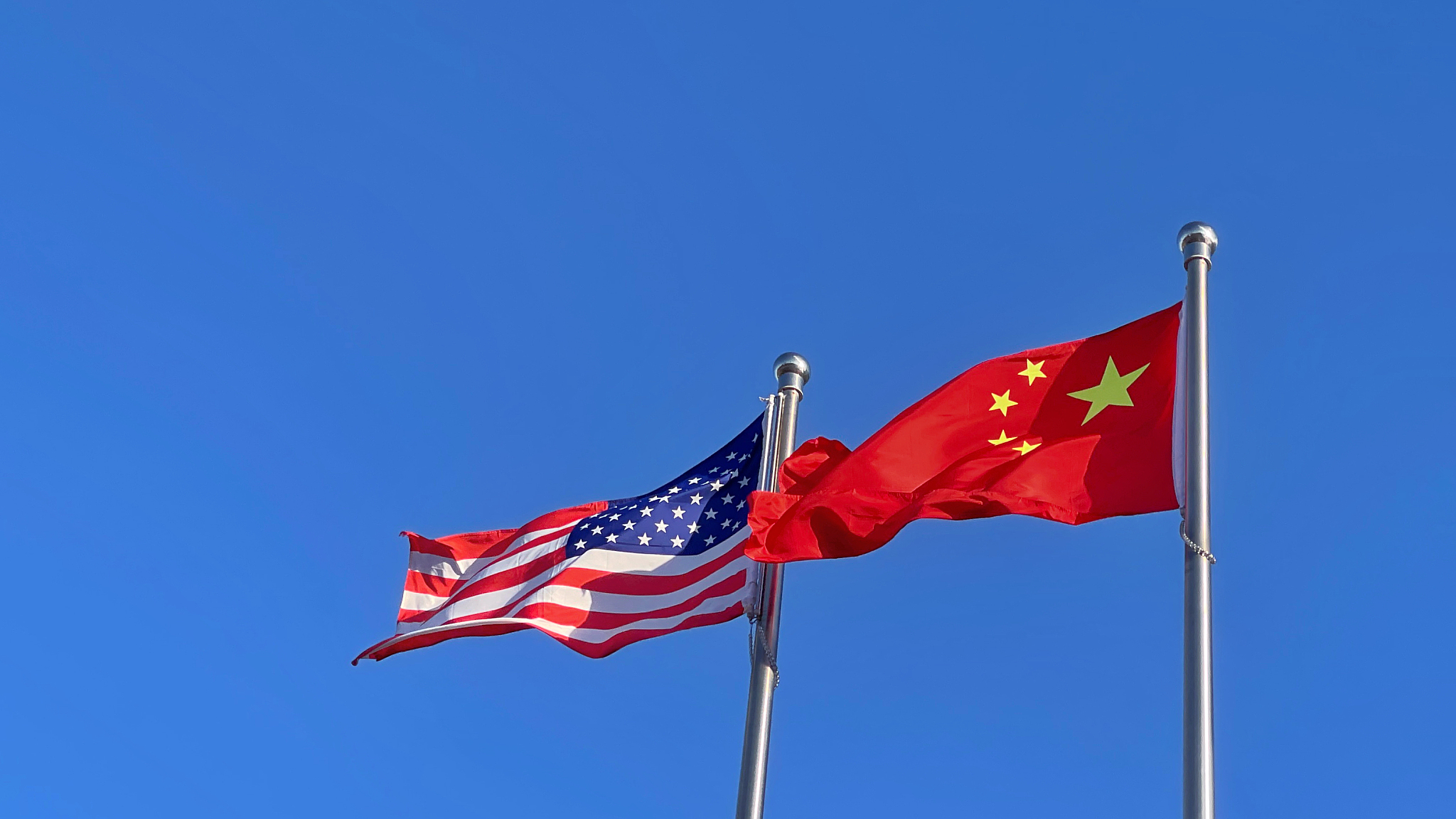 A file photo of Chinese and U.S. national flags fluttering. /CFP
A file photo of Chinese and U.S. national flags fluttering. /CFP 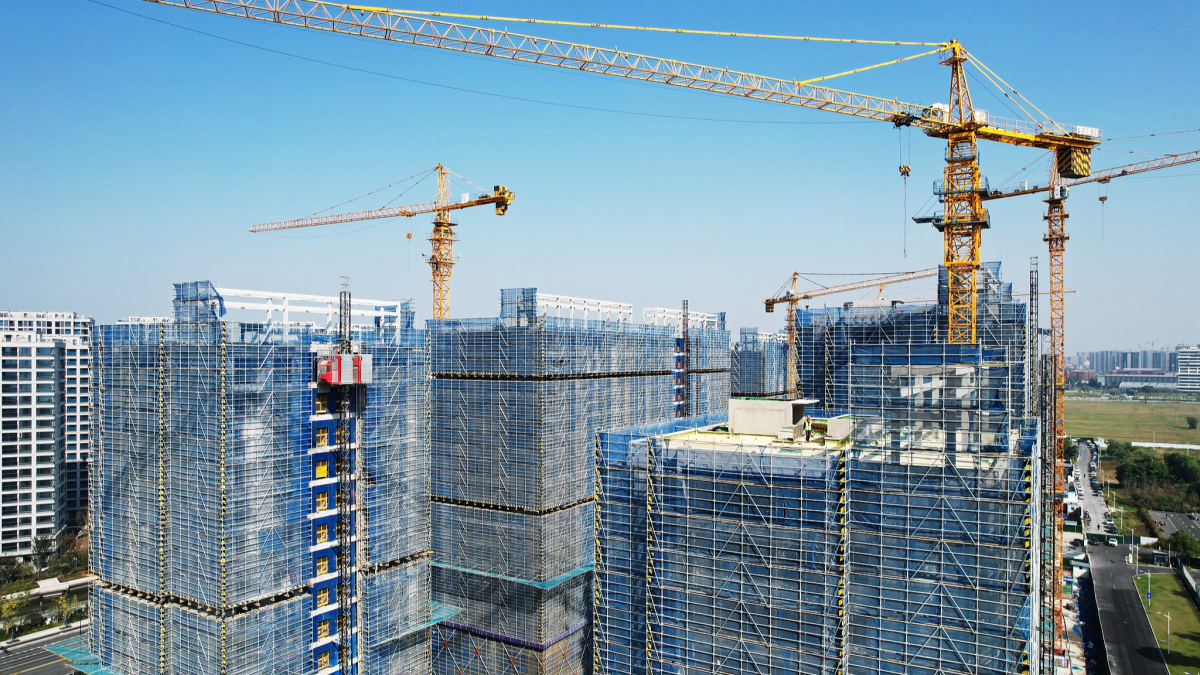
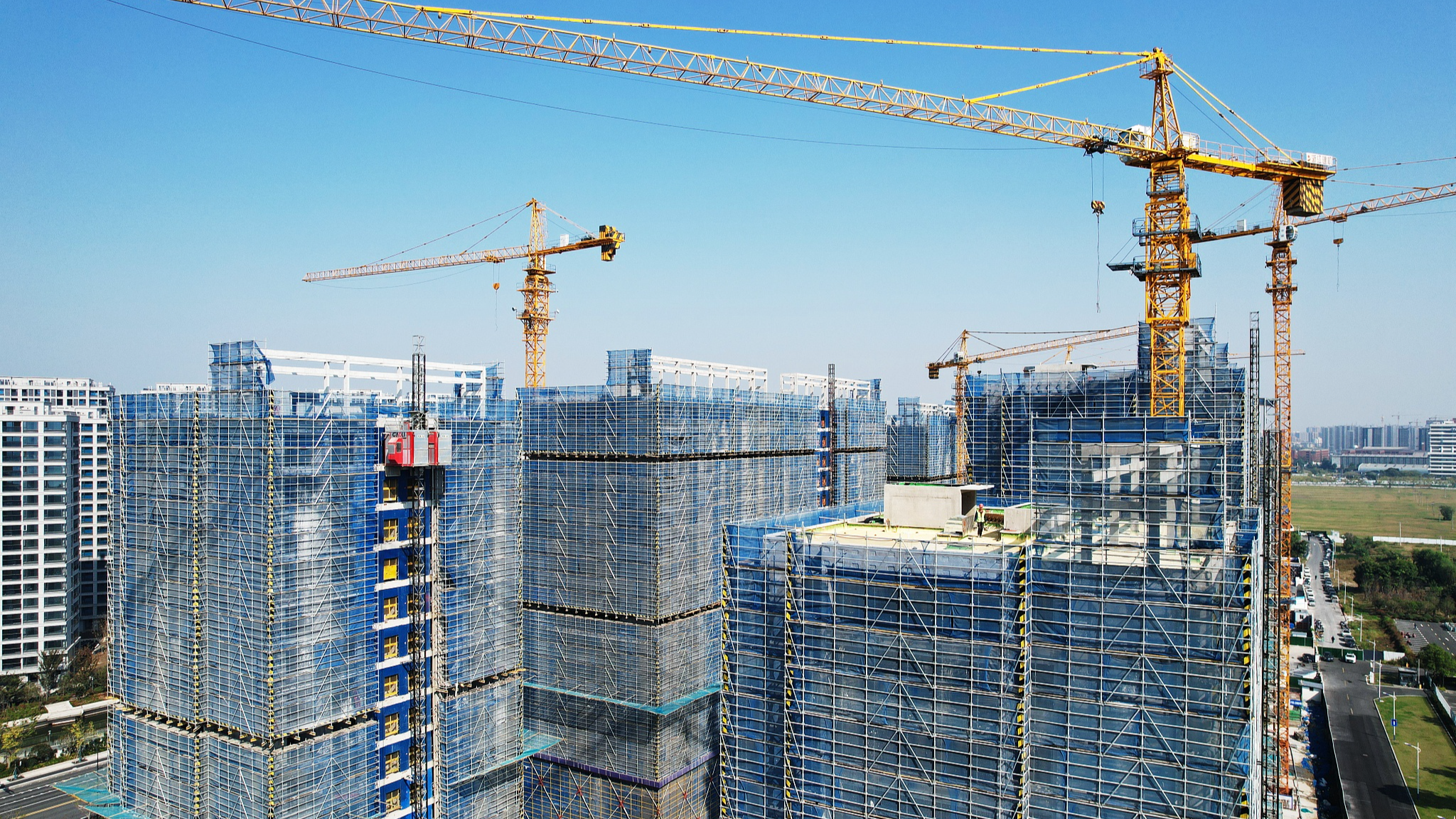 New buildings under construction in downtown Hangzhou, east China’s Zhejiang Province, November 15, 2023. /CFP
New buildings under construction in downtown Hangzhou, east China’s Zhejiang Province, November 15, 2023. /CFP